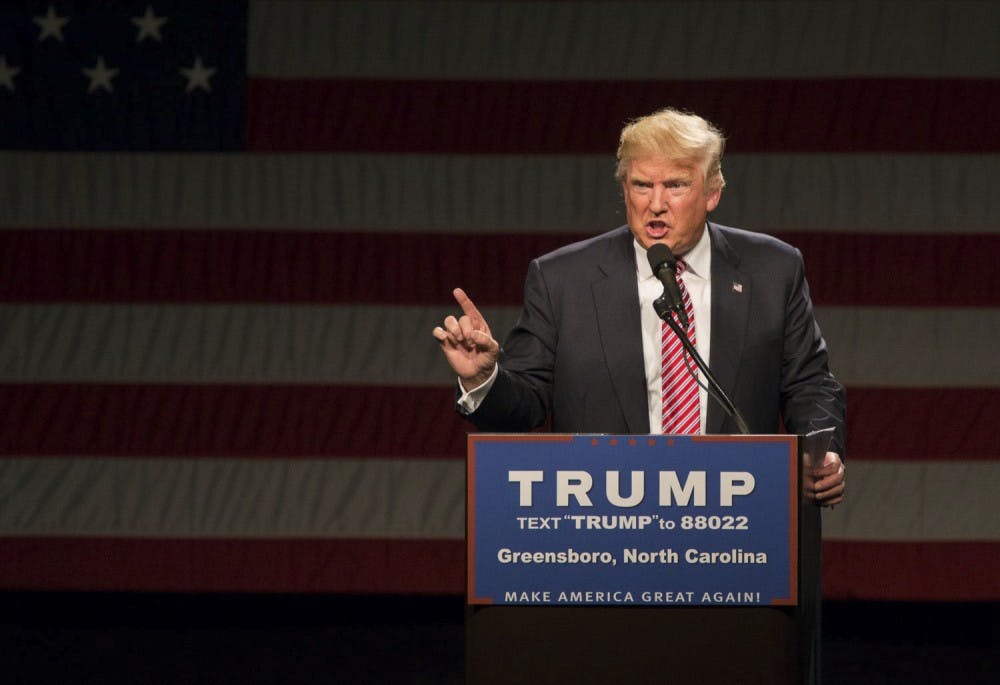Trump secured the nomination by winning 304 out of 538 total electors, while Hillary Clinton won the popular vote by around 3 million votes.
William Marshall, a professor at the UNC School of Law, said while some might believe the Electoral College to be undemocratic, the election was never about winning the popular vote.
“You can’t judge this election by what happened to the popular vote because neither campaign’s strategy was aimed at winning the popular vote,” he said.
Despite criticism of the electoral college, Timothy Ryan, an assistant professor in UNC’s department of political science, said a popular vote alone might be problematic.
“I don’t really see that as politically feasible, certainly not in the short term,” Ryan said. “But it’s something that’s worth discussing, if only to highlight why the other possibility, that of only having the popular vote, may have some problematic features.”
Mike Burns, national director of the Campus Vote Project — an organization that works to educate and help students register to vote — said he is very interested to see how the outcome of this election will affect young people.
“For a lot of (young voters), this has been the first election they ever had the chance to vote in,” he said. “I mean obviously it’s not a monolith that the under-30 crowd voted a lot more in one direction, but I’d be interested to see how they respond to the outcome of this election.”
Ryan said it is unlikely this election will change much about the public’s interest in the electoral process.




